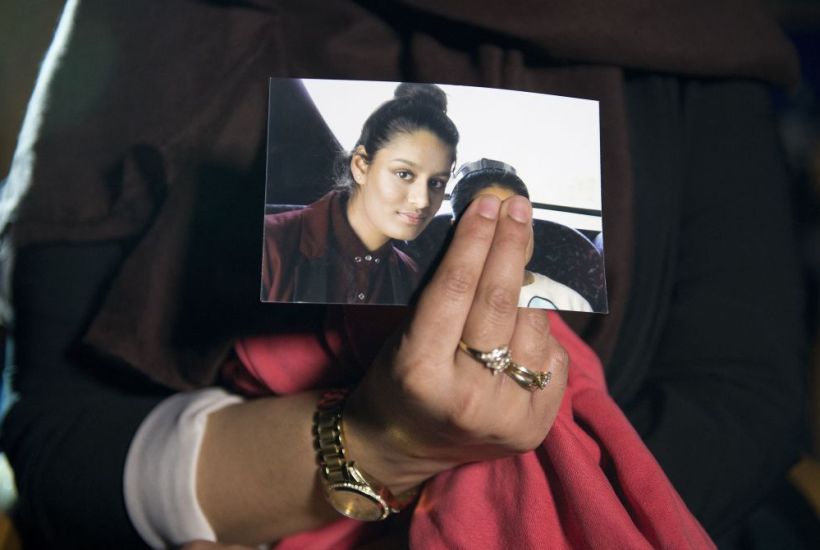Parliamentary sovereignty is the bedrock of the constitution, and the courts ought to accept it, even when bad laws are passed. It is not the job of the courts to make the law, but to adjudicate on it. Thus the Appeal Court ruling against Shamima Begum is right, even if the decision of Sajid Javid, as Home Secretary, is wrong and ought never to have been made.
Already a subscriber? Log in
Subscribe for just $2 a week
Try a month of The Spectator Australia absolutely free and without commitment. Not only that but – if you choose to continue – you’ll pay just $2 a week for your first year.
- Unlimited access to spectator.com.au and app
- The weekly edition on the Spectator Australia app
- Spectator podcasts and newsletters
- Full access to spectator.co.uk
Or




















Comments
Don't miss out
Join the conversation with other Spectator Australia readers. Subscribe to leave a comment.
SUBSCRIBEAlready a subscriber? Log in